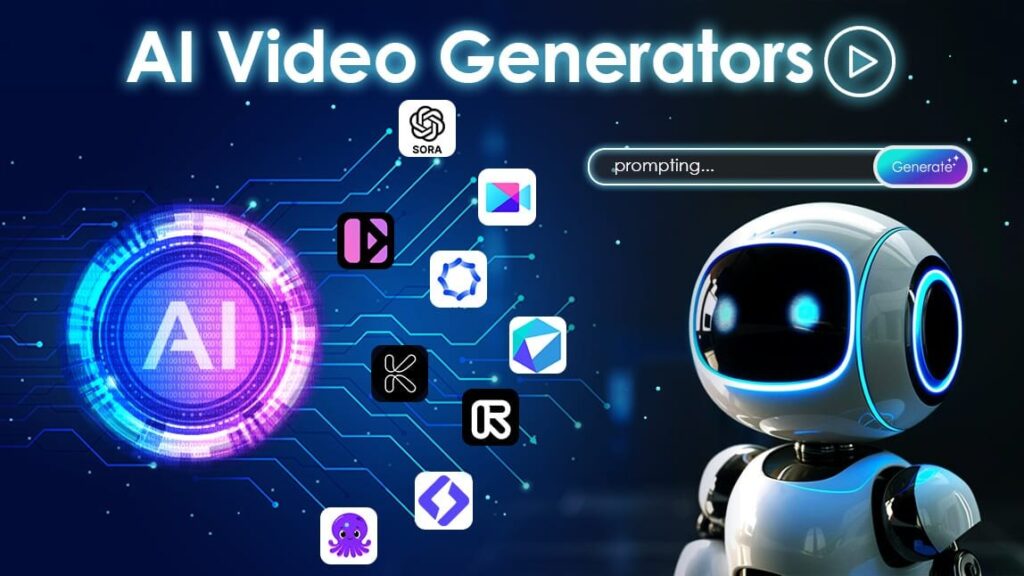In a world where connections are made through words, mastering spoken language is an invaluable skill. From job interviews to international business meetings, effective communication can open doors that qualifications alone cannot. One way individuals evaluate and improve their verbal communication abilities is through assessments like the Versant English Test, which measures speaking, listening, and comprehension skills in real time.
What Is Spoken Language?
Spoken language refers to the verbal expression of thoughts, ideas, and emotions. It’s one of the oldest and most essential forms of human communication, allowing people to share knowledge, build relationships, and coordinate actions. Unlike written language, spoken language is often more spontaneous, adaptable, and influenced by context and tone.
Spoken communication involves multiple components working together:
- Phonology: The sounds of speech, including pronunciation and intonation.
- Vocabulary: The words used to convey meaning.
- Grammar: The rules that structure sentences and phrases.
- Pragmatics: Understanding how language is used in context, including cultural and situational factors.
- Nonverbal Cues: Body language, gestures, and facial expressions that enhance meaning.
Why Spoken Language Skills Matter
Strong spoken language skills are crucial in nearly every area of life. They affect how others perceive you, how well you can persuade or explain, and how efficiently you can work with others.
Career Opportunities
Employers consistently rank communication skills among the top qualities they seek in candidates. Whether you’re negotiating a deal, delivering a presentation, or collaborating on a project, your ability to articulate ideas clearly can significantly impact your professional growth.
Academic Success
In educational settings, spoken language plays a vital role in classroom participation, presentations, and group discussions. It helps students articulate their understanding and engage in meaningful dialogue.
Social Interaction
Beyond work and school, spoken language shapes our personal lives. It allows us to build friendships, resolve conflicts, and share experiences with others.
Elements of Effective Spoken Communication
Developing strong spoken language skills requires attention to several interconnected elements.
Clarity
Clear articulation ensures your audience understands your words without straining. This involves correct pronunciation and avoiding overly complex jargon unless your audience is familiar with it.
Fluency
Fluency refers to the smooth and natural flow of speech. Frequent pauses or fillers (“um,” “uh”) can distract listeners. Practicing with conversations, role-play scenarios, or reading aloud can improve fluency.
Accuracy
Using correct grammar and vocabulary demonstrates competence. Inaccuracies can cause misunderstandings or make you seem less confident.
Listening Skills
Spoken language is a two-way process. Active listening ensures you respond appropriately, ask relevant questions, and maintain meaningful exchanges.
Confidence
Confidence projects authority and builds trust. It comes from preparation, practice, and familiarity with your subject.
Spoken Language in a Global Context
With globalization, English has become a key language in international communication. This is why tests like the Versant English Test are popular among companies and institutions—they ensure that individuals can handle English-language communication in professional settings.
Strategies for Improving Spoken Language Skills
Improving spoken language is a gradual process that benefits from consistent, targeted practice.
Expand Your Vocabulary
A rich vocabulary allows you to express yourself more precisely.
- Learn a few new words daily.
- Use them in sentences to reinforce retention.
- Focus on synonyms to avoid repetition.
Practice Pronunciation
Mispronunciation can cause confusion.
- Listen to native speakers and mimic their intonation.
- Use pronunciation apps or language learning platforms.
- Record yourself speaking and compare it to correct pronunciation.
Engage in Active Listening
Listening well improves your ability to respond appropriately.
- Watch movies or listen to podcasts in your target language.
- Note how speakers emphasize certain points.
- Practice summarizing what you hear.
Participate in Conversations
Real-life interaction is the most effective practice.
- Join discussion groups, language clubs, or online forums.
- Volunteer for speaking roles at work or in community events.
- Don’t fear mistakes—they’re part of the learning process.
Work on Nonverbal Communication
Gestures, eye contact, and posture all contribute to your message.
- Maintain an open, friendly posture.
- Avoid distracting movements or fidgeting.
- Use facial expressions to reinforce your tone.
The Role of Technology in Spoken Language Development
Technology offers numerous tools for enhancing spoken communication:
- Speech Recognition Software: Helps identify pronunciation issues.
- Language Learning Apps: Provide structured lessons and interactive practice.
- Video Conferencing Tools: Allow real-time conversation practice with people worldwide.
- Online Communities: Connect with native speakers for cultural and language exchange.
Conclusion
Spoken language is more than just words—it’s the bridge between ideas and understanding, between cultures and people. Whether your goal is to excel in a job interview, deliver a persuasive presentation, or simply connect more meaningfully with others, honing your speaking skills will pay lifelong dividends.
Tools like the Versant English Test can help you assess your current abilities, but true mastery comes from consistent practice, active engagement, and a willingness to learn from every interaction.
Read More Gorod








